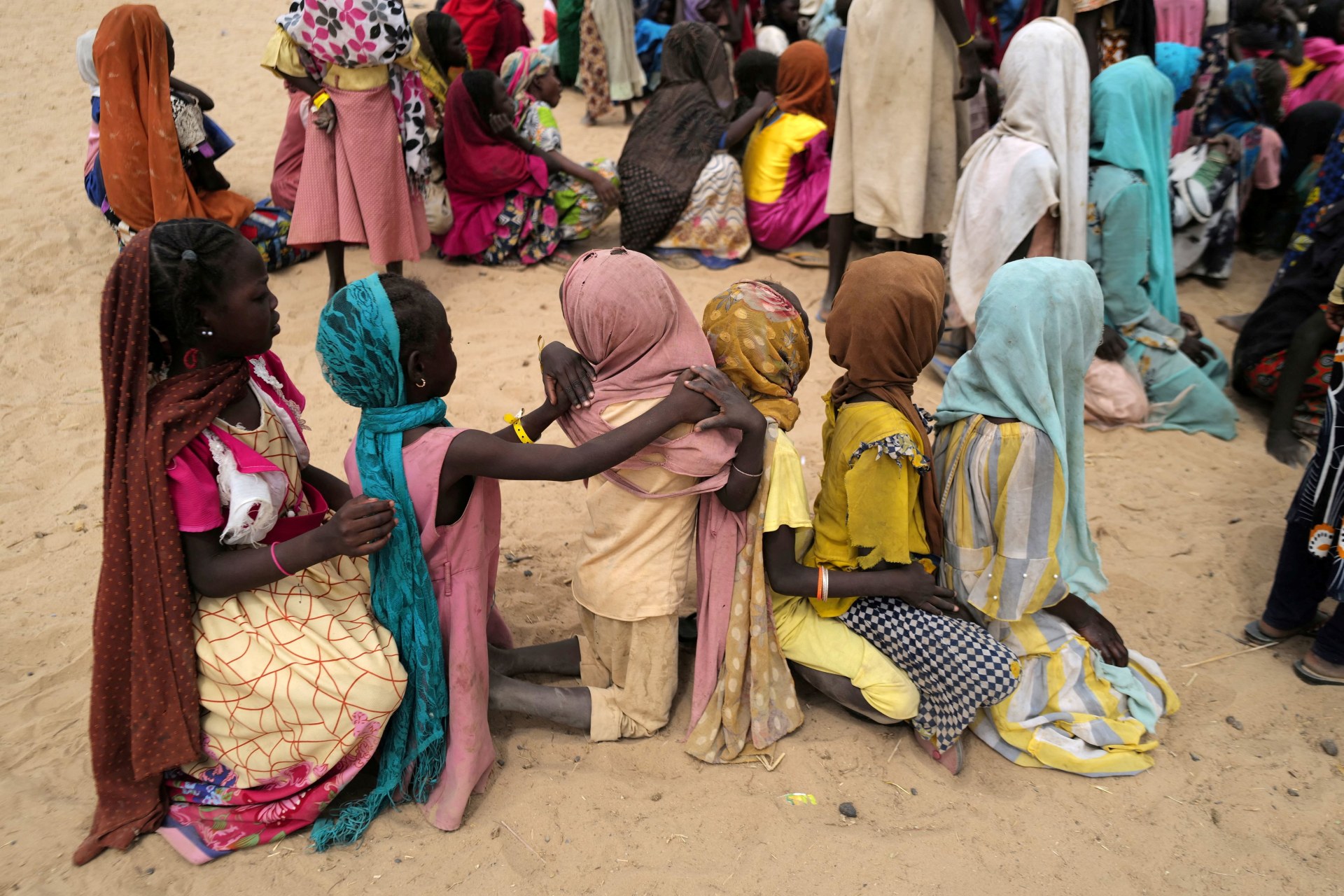Women This Week: Thousands of Women and Girls Without Medical Care After Hospital Attacks in Sudan
Welcome to “Women Around the World: This Week,” a series that highlights noteworthy news related to women and U.S. foreign policy. This week’s post covers May 6 to May 12.

By experts and staff
- Published
Maternity Wards Attacked in Sudan
At least twenty-eight hospitals in Sudan have been attacked since the outbreak of armed conflict on April 15, including a number of maternity hospitals in Khartoum. This has left tens of thousands of women without access to maternal health services and other forms of medical care. “We estimate in Khartoum alone, we have 219,000 pregnant women, and 24,000 of those women will need to deliver within the next three months. That is an enormous amount of women who have to deliver without the requisite healthcare facilities, clean water, electricity, and some kind of transport,” said Laila Baker, the United Nations Regional Director of Arab States. Only 16 percent of hospitals in Khartoum are fully functioning, and many doctors and nurses are unable to travel to provide remote health services due to the fighting. In addition, as the conflict advances, protection services are compromised, with thousands fleeing their homes, increasing risks of gender-based violence, exploitation, and abuse. “We hope the international community will help support both financially and the United Nations physically to get that assistance to the most needy,” Baker says.
First Female Official at the Men’s Rugby World Cup
For the first time, a female referee—Joy Neville of Ireland—has been selected to sit on the men’s Rugby World Cup officiating panel. Neville has also been picked to serve as one of seven Television Match Officials (TMO), who provide information to help referees make accurate decisions. She previously became the first female TMO for a top-level men’s Test match in 2021 after refereeing the women’s World Cup final in 2017. There will be a total of twenty-six match officials - twelve referees, seven assistant referees, and seven TMOs - representing nine nations. In 2022, women made history as they were selected as referees for the first time at the FIFA Men’s World Cup in Qatar. The upcoming men’s Rugby tournament will occur in France in September and October.
Women Prisoners on Hunger Strike in Baghdad
At least four hundred women are believed to be in the third week of a hunger strike in Baghdad’s Rusafa prison. These women, many of whom are serving sentences of between fifteen years and life, are protesting their convictions and the prison’s notoriously poor living conditions. After the fall of the Islamic State in 2017, thousands of male prisoners were executed, and women and children— many from the United States, Azerbaijan, France, Germany, Russia, Syria, Turkey, and Ukraine—were detained. While some women have admitted to joining the Islamic State Group voluntarily, many others state that they were tricked, coerced, and given death threats to marry fighters or join. They were then allegedly forced to sign “torture-tainted” confessions. Iraq has a history of poor conditions in its prisons. Last year, the Iraqi Ministry of Justice dismissed the Rusafa prison director and also acknowledged that the prison was four times over its capacity. The BBC spoke to a woman who claimed that approximately sixty adults and thirty children have died inside the prison over the past six years. Other inmates told the BBC that up to forty inmates are held in each cell and subjected to routine beatings.